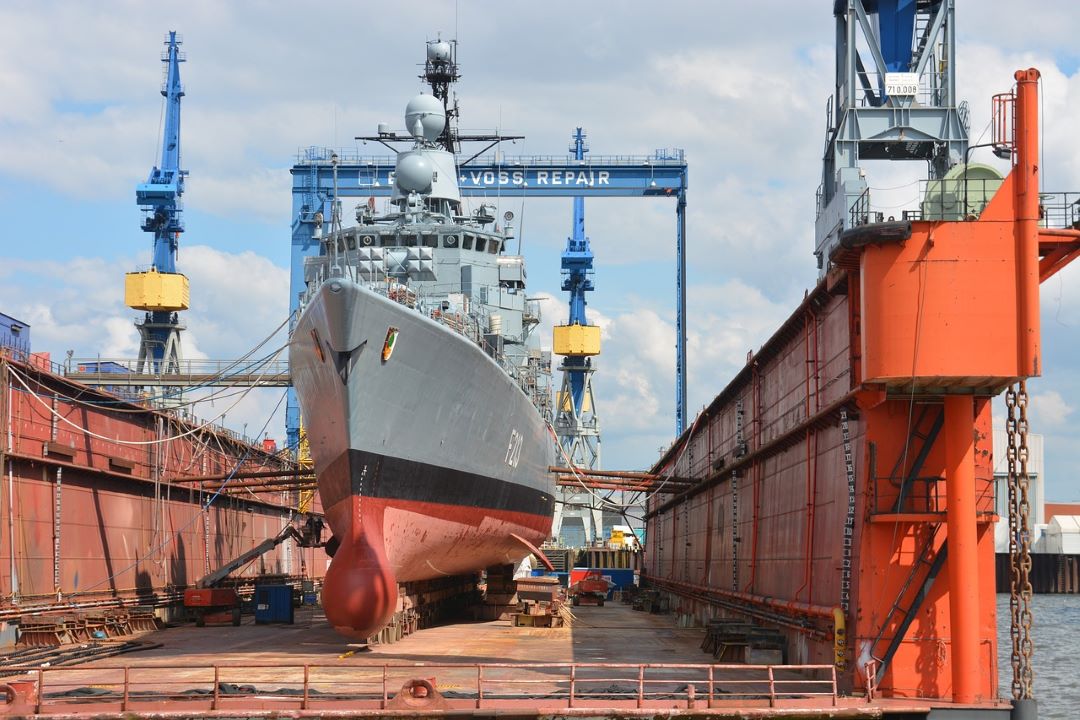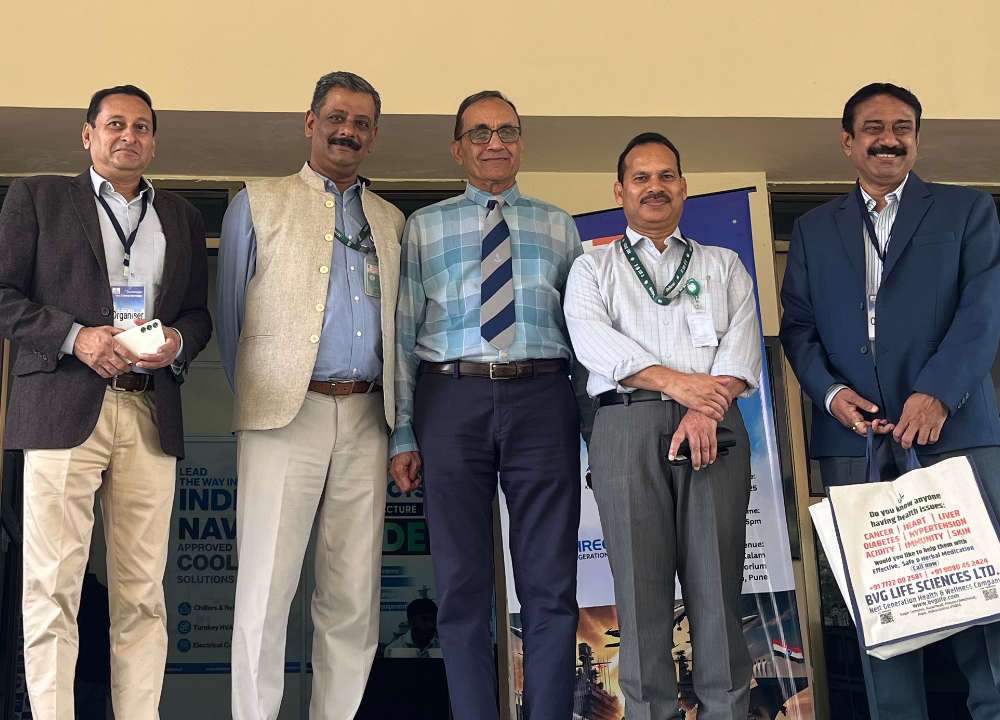India’s ship recycling sector has the potential to significantly reduce emissions from the steel industry, according to a report released by Climate Group and PwC. With the world’s largest installed capacity for ship recycling, India processes about one-third of global decommissioned ships, primarily at Alang in Gujarat. Ships are predominantly made of steel (80-85%), offering a valuable source of scrap steel that can be used as raw material in crude steel production.
The steel industry in India contributes 12% of the country’s greenhouse gas (GHG) emissions, significantly higher than the global average of 7%, due to its dependence on coal. By doubling its ship recycling capacity by 2028, India could avoid up to 20 million tonnes of CO₂ emissions by 2040 through the use of recycled steel. To achieve this, new recycling facilities would need to adopt advanced technologies and meet international environmental and safety standards.
At the launch event in New Delhi, Atul Mudaliar, Director of Systems Change at Climate Group, emphasized that scrap from ship recycling is an untapped resource for decarbonizing India’s steel sector. The report highlights the circular nature of the industry and its potential to enhance sustainability. Experts from various sectors discussed the need for improved infrastructure and regulatory frameworks to unlock the industry’s full potential.
The report, titled Turning the Tide: Ship Recycling as a Source of Green Steel in India, underscores how scrap steel saves natural resources like iron ore and coal, along with energy. For every tonne of scrap steel used, approximately 1,370 kg of iron ore, 780 kg of coal, and 270 kg of limestone are conserved, reducing environmental impact.
The Climate Group, established in 2004, is a global non-profit organization with offices in London, Amsterdam, Beijing, New Delhi, and New York. Active in India since 2008, it has collaborated with 15 state governments and over 190 businesses to accelerate climate action. Its mission is to achieve a net-zero carbon emissions world by 2050 while promoting global prosperity. The Climate Group drives large-scale systemic changes in sectors like energy, transportation, construction, industry, and agriculture by building networks of businesses and governments, enabling collective action to drive rapid emission reductions and influence global markets and policies.
SteelZero, an initiative led by the Climate Group in partnership with ResponsibleSteel, unites forward-thinking organizations committed to advancing a net-zero steel industry. Members pledge to source, specify, or stock 100% net-zero steel by 2050. By leveraging their purchasing power and influence, SteelZero is fostering a strong demand for responsibly produced steel, encouraging shifts in global markets and policies toward sustainable production and procurement practices.








